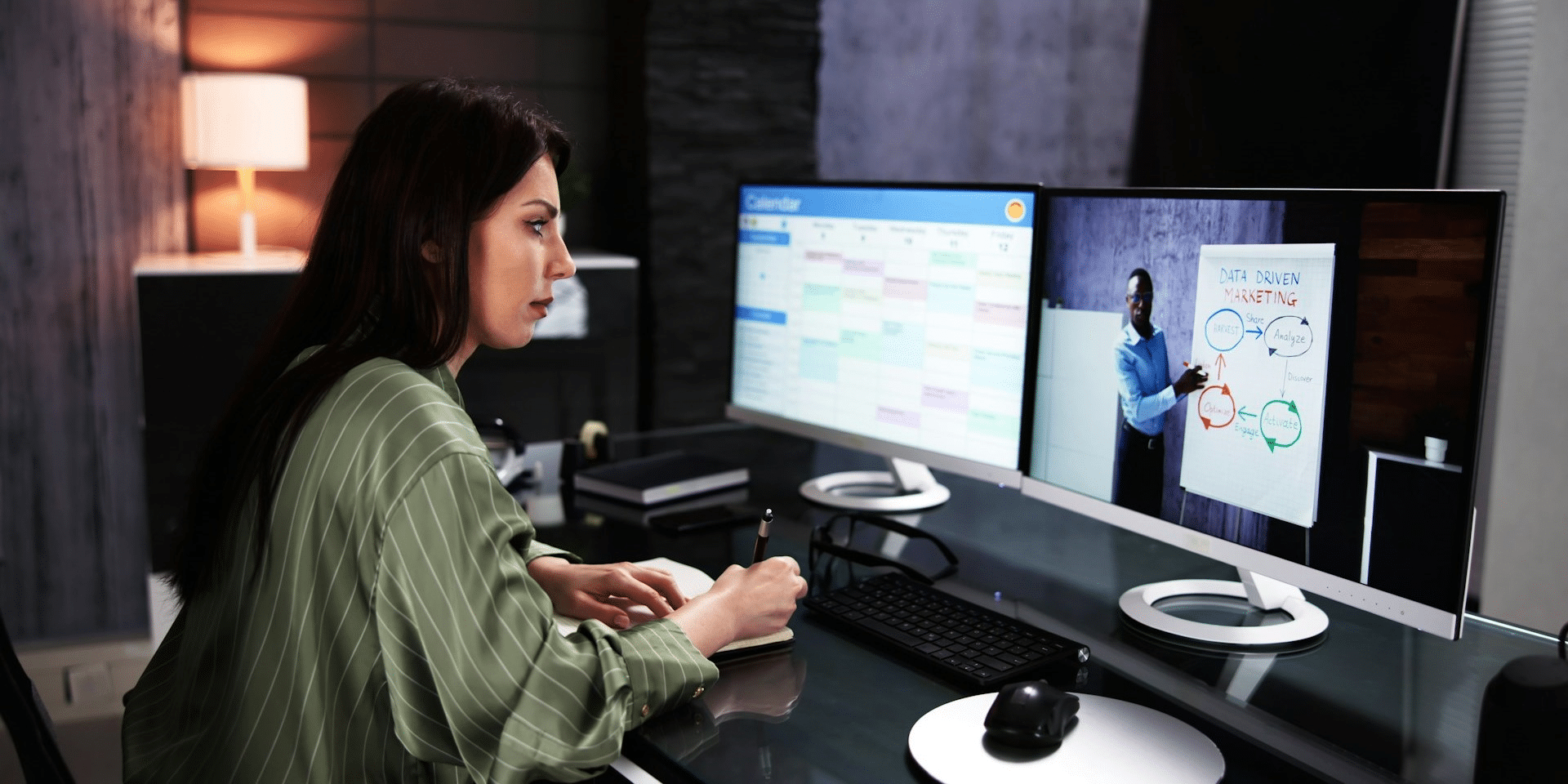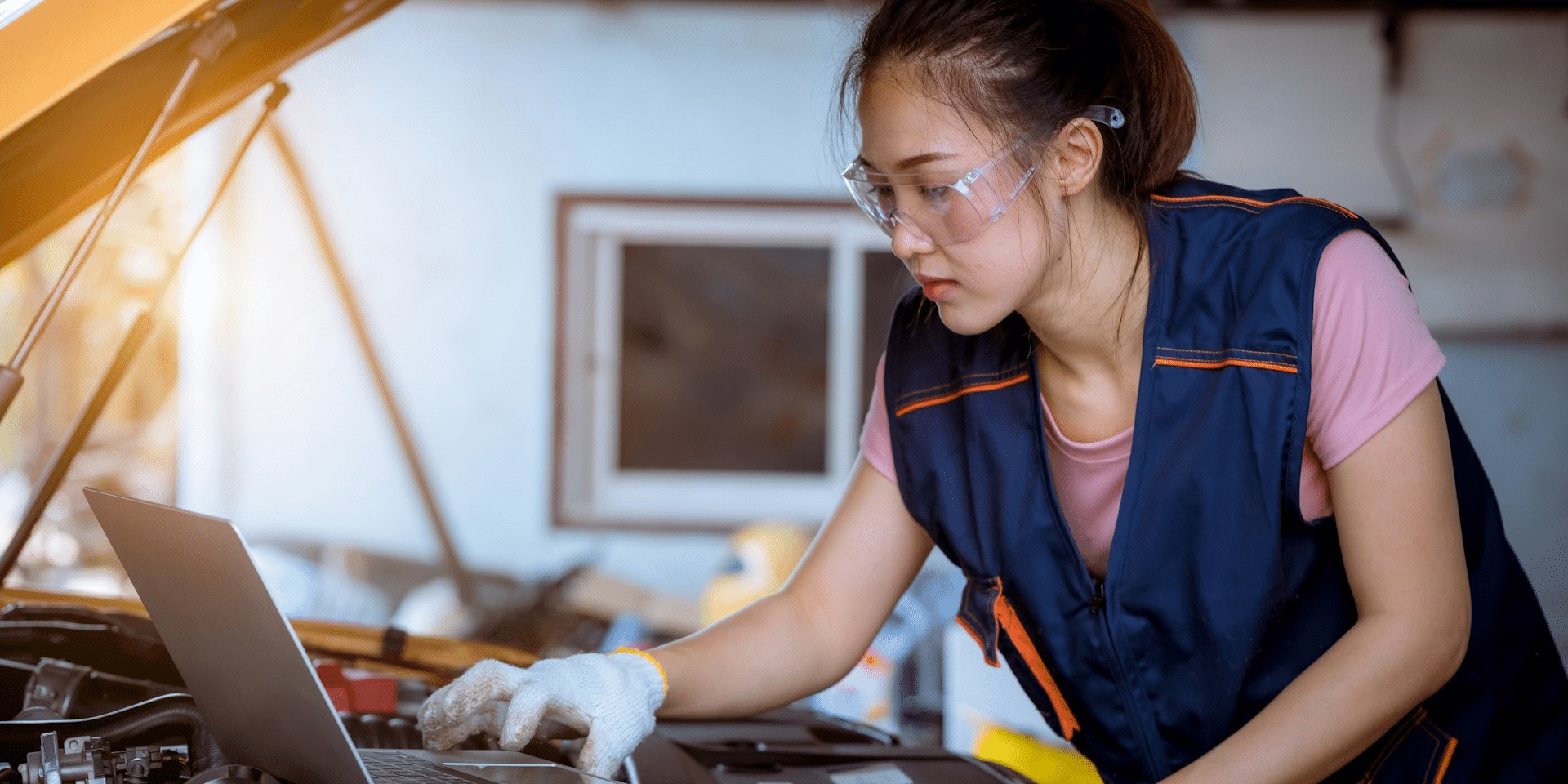Image commercially licensed from Unsplash
Premises liability pertains to the legal obligation of property owners to guarantee the safety of their premises for visitors. This implies that should an individual sustain injuries on their property, the property owner might be accountable for those injuries. Premises liability scenarios cover various accidents like slips, falls, dog bites, and injuries arising from hazardous circumstances like faulty stairs or plumbing issues.
In this blog post, we’ll explore what premises liability entails, its development within the law, and how those responsible for a premise should stay up-to-date on new regulations to protect themselves and their guests.
By brushing up on our knowledge of premises liabilities – from understanding the definitions of various types of accidents to being aware of different standards that apply in some cases – we are better prepared to safeguard our own living/working spaces and make them free from danger.
What is Premises Liability and what Types of Cases are Included under this Concept?
Premises liability refers to the legal responsibility of the property owner to ensure that their premises are safe for visitors. This means that if someone gets injured on their property, the property owner could be held liable for their injuries. Premises liability cases can encompass a range of accidents, including slips and falls, dog bites, and even injuries caused by dangerous conditions such as defective stairs or faulty plumbing.
Essentially, any injury that occurs on someone else’s property could potentially fall under this concept. Both individuals who own property and those who visit it must comprehend their rights and duties concerning premises liability situations.
What Must Be Proven to Establish Premises Liability
In order to establish premises liability, it is necessary to demonstrate that the property owner was aware of or should have been aware of a hazardous condition on their property, and yet did not undertake reasonable measures to address the problem. This can include things like a wet floor with no warning signs or a broken staircase that has not been repaired.
Additionally, it must be proven that the dangerous condition directly caused the injury or accident. For this to be done properly, working with a premises liability claim lawyer in Chicago can be a good start. Their expertise in the area can help prove to a court that the property owner was indeed responsible for their visitor’s injuries. Establishing premises liability can be a complex and challenging process, but it is essential for holding property owners accountable for maintaining safe conditions on their property.
Levels of Culpability
When it comes to premises liability cases, the level of responsibility assigned to a defendant can vary greatly depending on the circumstances. While some may assume that it’s a straightforward case of either negligence or duty of care, there are a multitude of factors that can come into play. Factors such as the relationship between the defendant and the victim, the foreseeability of the hazard, and even whether the victim was a trespasser or not can all contribute to determining the defendant’s level of culpability.
It’s a complex and nuanced field that requires careful consideration and a deep understanding of the law, which is why it’s vital to have an experienced attorney on hand to navigate the often tricky waters of premises liability cases.
Different Types of Compensation Available
There are several types of compensation available to the injured party in premises liability lawsuits. These depend on the type of injury sustained and the circumstances surrounding the incident. One of the most common forms of compensation is medical expenses, which covers any bills incurred during treatment. Another form of compensation could be lost wages, where the injured individual is unable to work for a period following the incident. Pain and suffering is another category that is taken into account, and this can reflect the level of pain and discomfort experienced as a result of the injury.
Finally, the injured party may be eligible for punitive damages if the court determines that the property owner acted in a knowingly negligent manner. It’s essential to understand the different types of compensation available so that you can make an informed decision when pursuing a premises liability claim.
Key Considerations for Both Plaintiffs and Defendants in These Cases
Both plaintiffs and defendants must carefully analyze a variety of variables before moving forward in legal matters. For plaintiffs, it’s important to identify and gather evidence to support their case, as well as to fully understand their legal rights and options. They should also consider the potential costs and time commitments associated with the case. On the other hand, defendants need to carefully review the claims against them and determine if they have a strong defense.
They should also consider the potential reputational damage and financial costs of the case. Overall, both parties must weigh their options carefully and seek the guidance of legal professionals to make informed decisions.
Strategies for Avoiding Potential Risks and Liabilities
Owning or occupying a property comes with a heap of responsibilities. Along with regular maintenance, it’s crucial to keep a lookout for any potential risks or liabilities that might arise. One effective strategy is to conduct regular inspections and audits of the premises. This includes reviewing safety equipment, checking electrical and plumbing systems, and testing fire alarms and sprinklers. Another key step is to ensure all tenants or occupants are aware of any potential risks and know how to report them.
It’s also important to have appropriate insurance coverage and to consult with legal or financial experts, especially before making any major property-related decisions. By being proactive and taking these steps, property owners and occupants can mitigate potential risks and liabilities and safeguard their investments.
Litigating a premises liability claim requires an in-depth understanding of the law and potential outcomes. To be successful, it is important to investigate all the facts and evidence thoroughly to build a strong case. Plaintiffs should consider not only the cause of their injury but also the various damage awards available from a successful claim. Similarly, defendants should be aware of potential defense strategies that might potentially reduce or even eliminate any ability to recover damages for harm done to another party. Litigation can also often be avoided through careful behavior by both parties and clear legal lines that are established.
By being knowledgeable about your rights and responsibilities as either an owner or occupant, you can avoid unnecessary risks and liabilities associated with property disputes and lawsuits sparked by premises liability claims.











